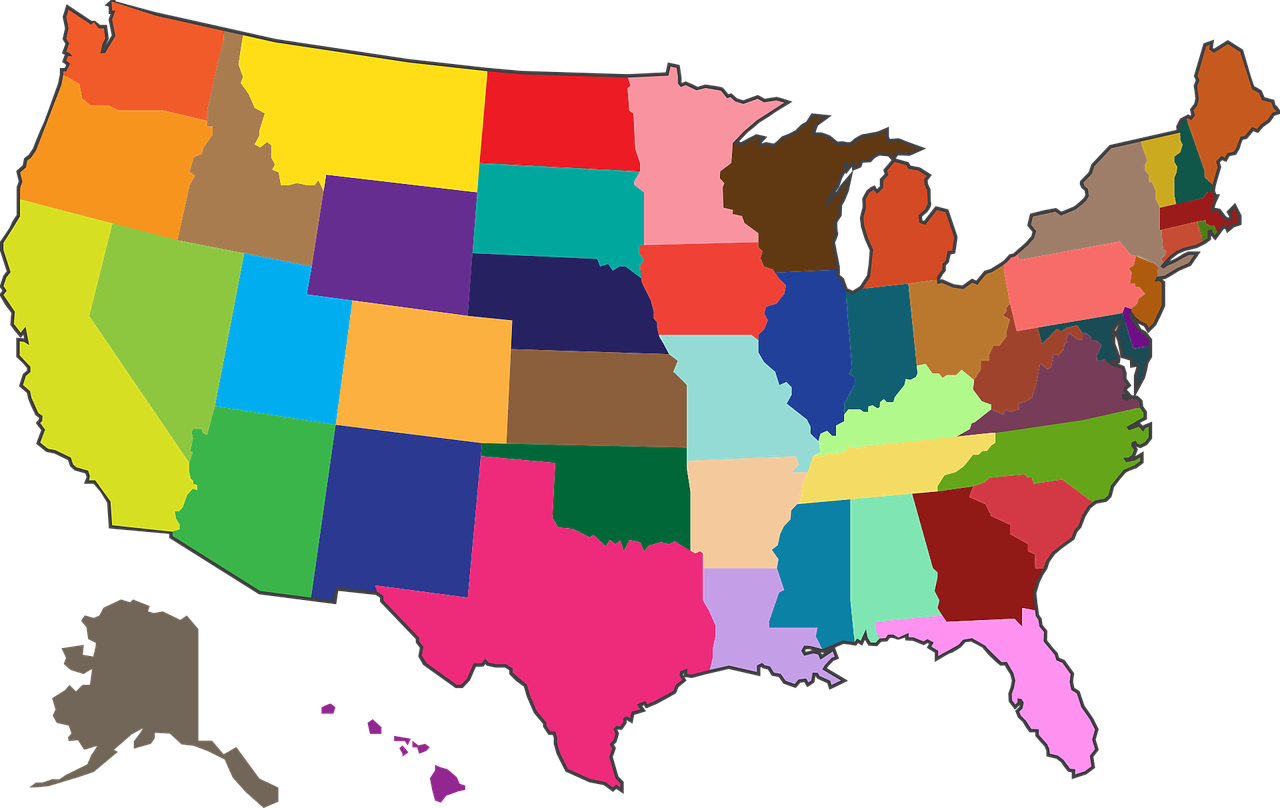Demystifying the Role of a Financial Caregiver: Responsibilities and Insights
A financial caregiver is a fiduciary responsible for managing the finances of an aging family member. Learn about the duties and best practices of being a financial caregiver, as well as helpful guidelines from the Consumer Financial Protection Bureau.

I am caring for my parents. At the present time, I am just starting to oversee their care.
As an only child, I am their POA (Power of Attorney) for both health care and finances. Can you explain what the expectations are for me as a financial caregiver?
-Shelly
A financial caregiver is a modern caregiving role, formerly known as durable power of attorney for finances. This role becomes essential when an aging family member faces challenges in managing their finances due to illness or dementia.
As a financial caregiver, you are legally responsible for representing the individual and making financial decisions on their behalf.
I have created a detailed overview of the responsibilities and expectations of a financial caregiver, which I hope will help clarify your question.
Warm Regards,
Diane Carbo RN
Caring for a loved one can be overwhelming — but you're not alone. If you have questions, big or small, our expert team is here to help.
👉 Click here to Ask the Expert
More on financial caregiver
So how do you become a financial caregiver?
Becoming a Financial Caregiver
To become a financial caregiver, recognize the need when a family member can't handle bills due to health issues. As a financial caregiver, you step in as a legal agent, enabling bill payments and potentially acting as a "representative payee" for Social Security protection.
Responsibilities and Importance
The Consumer Financial Protection Bureau defines a financial caregiver as a "fiduciary," responsible for the person's best interests. Many lack experience in this role, and challenges can arise, such as managing multiple households or dealing with skeptical family members. Misuse of the role has harmed seniors financially.
Guidelines for Financial Caregiving
The Consumer Financial Protection Bureau offers guidelines to ensure proper conduct in this role. These guidelines address the complex legal and ethical aspects of financial caregiving. Different guides cater to specific legal scenarios, aiding financial caregivers in providing appropriate assistance. "Managing Another Person's Money".
Growing Need for Financial Caregiving
With an aging population facing cognitive impairments like dementia, financial caregiving is increasingly important. Many seniors rely on someone else to manage their finances due to these challenges. Over 22 million individuals over 60 years old have designated financial power of attorneys.
Challenges and Tips
Financial caregivers often lack familiarity with their duties. The guidelines provide tips, such as maintaining separate funds, recording expenses, and avoiding conflicts of interest. They also offer scenarios to clarify the role, like proper spending and documentation.

Importance of Transparency
Sally Hurme from AARP emphasizes understanding the authority and limitations of financial representation. The role demands honesty, and legal action can result from mismanagement. Handling concerns and involving family members can ease suspicion and maintain transparency.
Dealing with Uninvolved Siblings
Uninvolved family members might question decisions. Transparency, sharing financial information, and a family caregiver contract can address concerns and maintain family harmony. It's crucial to make decisions promptly to prevent prolonged doubts.
Conclusion
Being a financial caregiver entails significant responsibilities, requiring understanding, transparency, and adherence to guidelines. This emerging caregiving role serves aging individuals facing financial challenges, offering support and safeguarding their interests.
You might also like this article:















